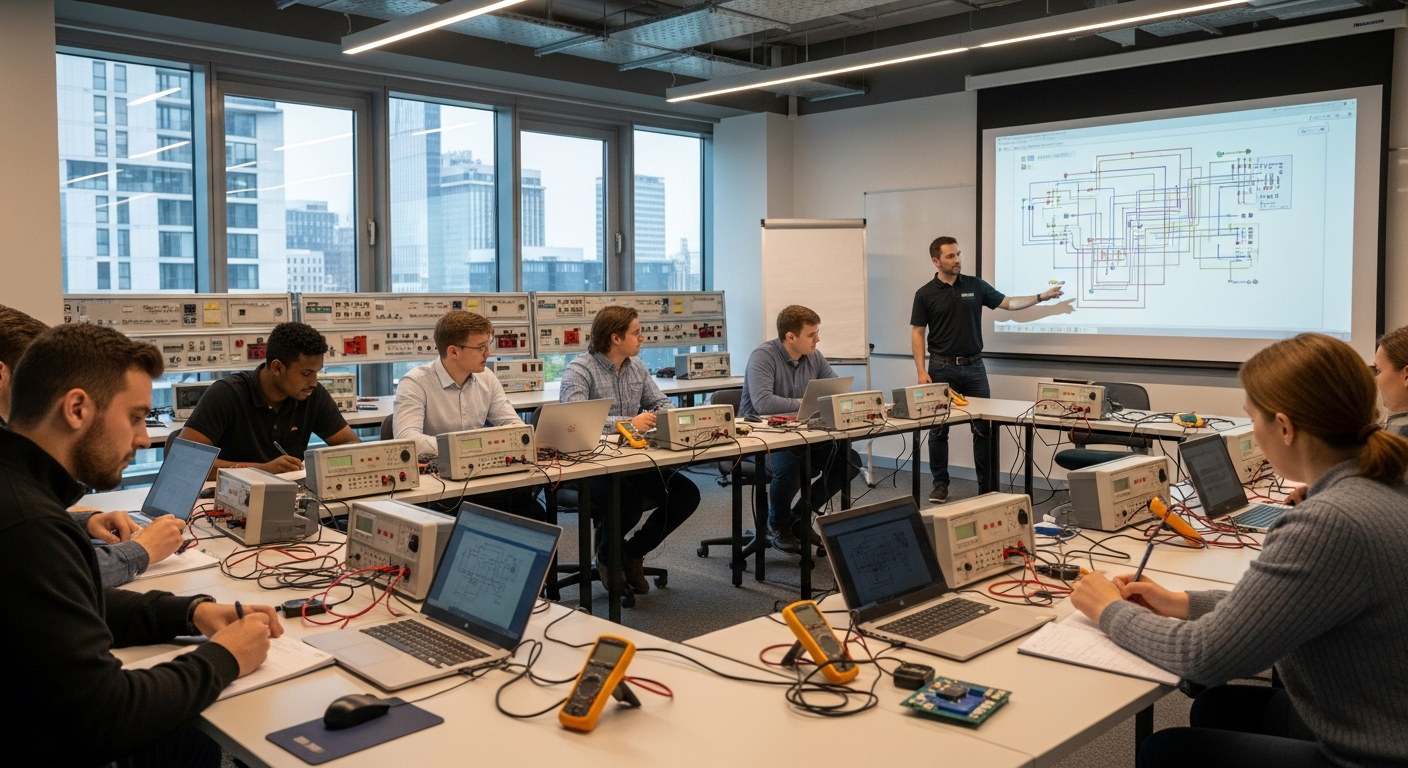Biohacking Your Breath: The Emerging Science of Conscious Breathing
Can the way you breathe transform your health? As science delves deeper into the intricate connections between our breath and overall wellness, a revolutionary approach to breathing is emerging. This isn't just about taking deep breaths when you're stressed – it's about consciously harnessing the power of your breath to optimize your physical and mental well-being.

The Science Behind Breath Biohacking
Breath biohacking is rooted in the understanding that our breathing patterns directly influence our physiological and psychological states. While breathing is largely an unconscious process, we have the unique ability to control it voluntarily. This conscious control allows us to tap into the autonomic nervous system, influencing heart rate, blood pressure, and even our immune response.
Research has shown that different breathing patterns can activate either the sympathetic (fight-or-flight) or parasympathetic (rest-and-digest) nervous systems. By manipulating our breath, we can effectively switch between these states, promoting relaxation, focus, or energy as needed.
The Nitric Oxide Connection
One of the most exciting discoveries in breath science is the role of nasal breathing in producing nitric oxide. This molecule, produced in the nasal cavities, plays a crucial role in vasodilation, improving blood flow and oxygenation throughout the body. Nasal breathing has been linked to improved cardiovascular health, enhanced cognitive function, and even better dental health due to its antimicrobial properties.
Breath Work and Brain Function
Emerging research suggests that specific breathing techniques can significantly impact brain function. Studies using advanced imaging techniques have shown that certain breathing exercises can alter brain wave patterns, potentially enhancing focus, creativity, and emotional regulation.
One particularly interesting area of study is the effect of breath work on the default mode network (DMN) – a set of brain regions active when we’re not focused on the external world. Modulating the DMN through breath work shows promise in reducing anxiety, improving memory, and even potentially slowing cognitive decline associated with aging.
Respiratory Strength Training
Beyond breath patterns, the strength and endurance of respiratory muscles play a crucial role in overall health. Respiratory muscle training, once primarily used for patients with lung diseases, is now gaining traction as a tool for enhancing athletic performance and general well-being.
Using devices that provide resistance to inhalation or exhalation, individuals can strengthen their diaphragm and intercostal muscles. This training has been shown to improve exercise endurance, reduce fatigue, and even enhance recovery in various athletic disciplines.
Breath Biohacking for Stress Reduction
In our high-stress modern world, the ability to quickly shift into a calm state is invaluable. Breath biohacking offers powerful tools for stress management. Techniques like coherent breathing, where the inhale and exhale are balanced and slowed to about 5-6 breaths per minute, have been shown to rapidly reduce cortisol levels and activate the parasympathetic nervous system.
Another emerging technique is the physiological sigh – a double inhale followed by a long exhale. This simple pattern, discovered through studying how animals and humans naturally sigh, has been found to be particularly effective at quickly resetting the autonomic nervous system and reducing anxiety.
Breath Biohacking: Quick Tips for Optimal Health
- Practice nasal breathing during exercise to increase nitric oxide production and improve endurance
- Experiment with box breathing (equal inhale, hold, exhale, and hold) to enhance focus and calm
- Try alternate nostril breathing to balance the nervous system and improve mental clarity
- Incorporate diaphragmatic breathing into your daily routine to strengthen core muscles and improve lung capacity
- Use the 4-7-8 technique (inhale for 4, hold for 7, exhale for 8) before bed to promote better sleep
- Explore breath holding exercises to improve CO2 tolerance and potentially enhance athletic performance
As we continue to uncover the profound impact of breathing on our health, it’s clear that conscious breath control offers a powerful, accessible tool for enhancing our well-being. By incorporating these breath biohacking techniques into our daily lives, we can tap into an innate ability to regulate our physiology, manage stress, and optimize our physical and mental performance. The science of breath is still evolving, but one thing is certain – paying attention to how we breathe could be the key to unlocking a healthier, more balanced life.






